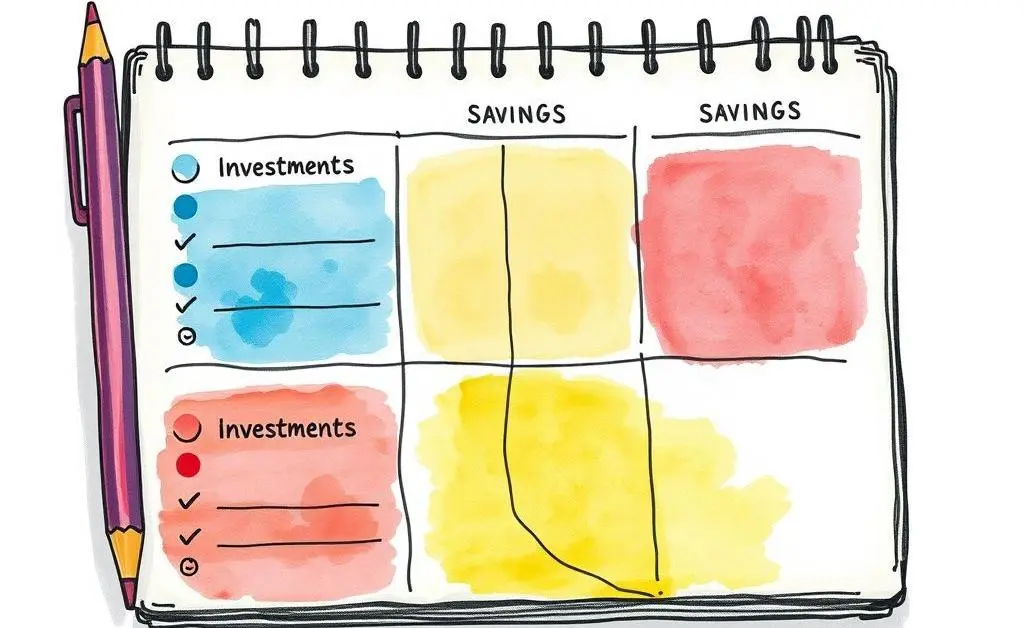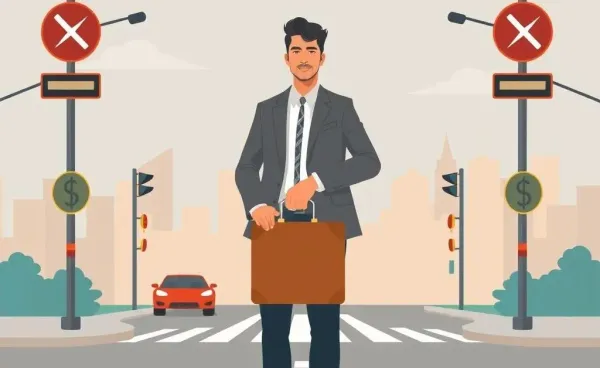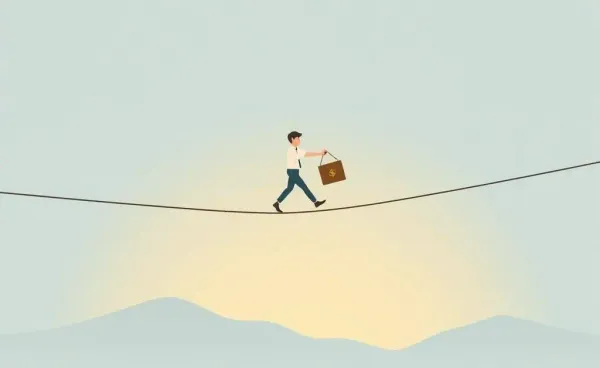Getting Serious About Money in Your Late 20s: A Smart Start
Learn how to take charge of your finances in your late 20s with practical tips and insights.

Have you ever sat down and thought, “I’m 28, and it’s time to get serious about money”? If that sounds like a familiar thought, you’re not alone. In your late 20s, financial planning becomes a pressing reality for many, and getting started can feel both exciting and daunting.
The Turning Point: Why Now?
Turning 28 often feels like a financial awakening. Perhaps your job is finally paying more than your rent, or maybe student loans are looming less ominously over your monthly statements. Whatever the reason, this is a great time to start planning for the financial future you’ve imagined.
Steps to Take Charge of Your Finances
1. Start with a Budget
When it comes to financial planning, budgeting is like the secret sauce—simple yet comprehensive. Imagine it as a map that will navigate you through your expenses, savings, and investments.
- Track every expense for a month: You'll be surprised where your money goes.
- Separate needs from wants: Yes, that avocado toast could stay, but maybe Uber Eats can take a break.
- Allocate your savings: Pay yourself first, even if it means starting small.

2. Build an Emergency Fund
No one likes to think about the unpredictable, but having an emergency fund is like carrying an umbrella, even on sunny days. Aim to set aside at least three to six months of living expenses.
3. Dabble in Investing
You don’t have to jump into the stock market headfirst. Consider starting with an index fund or a retirement account like a 401(k) or IRA. Think of it as planting seeds—small steps today for a fruitful tomorrow.

4. Tame Your Debt
Let's face it: debt happens. Whether it's student loans or that credit card you leaned on a little too hard in college, tackling debt now sets the foundation for financial freedom. Start with high-interest debts and chip away steadily.
Personal Story: My Friend Alex
My friend Alex hit the same wall at 28. After years of financial neglect, Alex sat down one Sunday afternoon—coffee in one hand and stacks of bills in the other—and decided it was time. Slowly, Alex started budgeting, saving cautiously, and even dipped toes in the investing pool. Today, Alex no longer feels anxious when looking at the bank balance.

Keep Learning and Growing
Financial literacy is not a one-time course. Keep learning, whether through books, podcasts, or courses. Remember, it's a marathon, not a sprint.
Have you started this financial journey, or are you planning to kick it off soon? Drop your thoughts in the comments below! What’s your biggest financial goal in your late 20s?




